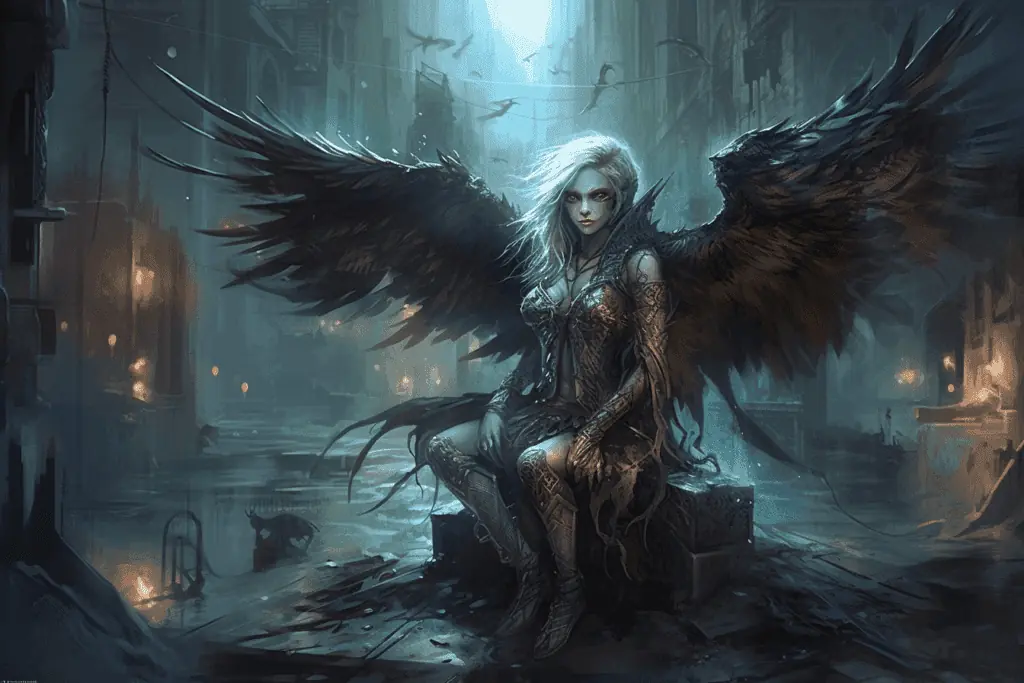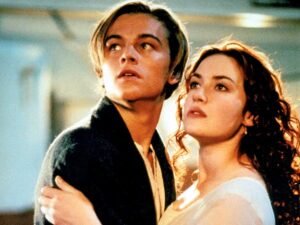Mythology plays a significant role in urban fantasy, weaving ancient lore and archetypes into contemporary settings. By drawing on diverse mythological traditions, urban fantasy enriches its narratives with layers of cultural symbolism and timeless themes. Understanding the role of mythology in urban fantasy provides insight into how these stories blend the ancient with the modern, creating captivating and multidimensional worlds. Here’s a look at how mythology shapes and enhances urban fantasy narratives.

Incorporating Ancient Lore
Foundation of Mythological Elements
Urban fantasy often incorporates elements from various mythologies, providing a rich foundation for its magical worlds. By integrating mythological creatures, deities, and artifacts, urban fantasy stories can create complex and intriguing settings. These elements offer a sense of depth and history, grounding the magical aspects of the story in ancient traditions and beliefs.
Reimagining Myths in Modern Contexts
Urban fantasy frequently reimagines mythological elements within modern contexts, blending ancient lore with contemporary settings. For instance, mythological gods might be portrayed as modern-day influencers or magical creatures may interact with urban environments. This reimagining allows for creative storytelling that bridges the gap between the ancient and the present, offering fresh and engaging perspectives on classic myths.
Utilizing Archetypes and Symbols
Mythological Archetypes
Archetypes from mythology, such as the hero, the mentor, or the trickster, often appear in urban fantasy stories. These archetypes serve as foundational character types that resonate with readers and provide a familiar structure for storytelling. By incorporating these archetypes, urban fantasy taps into universal themes and motifs that enhance the narrative’s emotional and thematic impact.
Cultural Symbols and Themes
Mythology also introduces cultural symbols and themes that add depth to urban fantasy stories. Symbols such as enchanted artifacts, mystical realms, or powerful runes carry significant cultural and historical meaning. Incorporating these symbols enriches the narrative, offering layers of symbolism and thematic resonance that connect with readers on a deeper level.
Creating Complex Magical Systems
Myth-Inspired Magical Systems
Urban fantasy often draws inspiration from mythological systems of magic, incorporating ancient rituals, spells, and magical laws into its world-building. By adapting these mythological systems, urban fantasy creates complex and intriguing magical frameworks that enhance the story’s depth and coherence. These systems often reflect the cultural and historical contexts of the myths they are based on, adding authenticity and richness to the magical world.
Blending Mythology with Original Concepts
While drawing on existing mythology, urban fantasy also introduces original concepts and innovations. By blending mythological elements with new ideas, urban fantasy can create unique magical systems that stand out from traditional mythological representations. This fusion allows for creative storytelling that respects the origins of the myths while offering fresh and imaginative takes on magical lore.
Exploring Cultural Diversity
Incorporating Global Mythologies
Urban fantasy frequently incorporates mythologies from diverse cultures, reflecting a global perspective on magic and supernatural elements. By drawing on myths from various traditions, urban fantasy creates a multicultural tapestry that enriches the narrative and broadens its appeal. This incorporation of global mythologies fosters a more inclusive and representative portrayal of magical worlds.
Respecting Cultural Sensitivities
When integrating mythological elements from different cultures, it is crucial to approach them with respect and sensitivity. Accurate representation and thoughtful adaptation ensure that the use of mythology enhances the story without perpetuating stereotypes or misappropriating cultural elements. A respectful approach adds authenticity and credibility to the narrative while honoring the traditions from which the myths originate.
Enhancing Themes and Narratives
Exploring Timeless Themes
Mythology provides a rich source of timeless themes, such as the struggle between good and evil, the quest for self-discovery, and the search for identity. Urban fantasy leverages these themes to create compelling and relatable narratives. By drawing on mythological motifs, urban fantasy can explore profound and enduring questions, adding depth and resonance to its stories.
Building Complex Worlds
The incorporation of mythology helps build complex and immersive worlds in urban fantasy. Mythological elements contribute to the world’s history, culture, and magical system, creating a setting that feels rich and multi-layered. This complexity enhances the reader’s engagement and investment in the story, making the magical world feel both expansive and believable.
Conclusion
Mythology plays a pivotal role in urban fantasy, enriching narratives with ancient lore, archetypes, and cultural symbolism. By incorporating mythological elements, urban fantasy creates complex and imaginative worlds that bridge the gap between the ancient and the modern. Whether through the reimagining of myths, the use of archetypes, or the integration of global mythologies, the role of mythology in urban fantasy enhances the genre’s depth and appeal. Understanding this role provides insight into how urban fantasy weaves together the magical and the mundane, creating captivating and multidimensional stories that resonate with readers.

